A heartbreaking exposé of Venezuela’s tryst with a dictatorial regime, ‘Simón’ follows a young man’s journey into the heart of darkness as he battles to throw off the oppressive shackles that have taken root in his country. The film is a stark exploration of his guilt and trauma as he tries to cope with life as an asylum seeker in Miami while his home burns and people continue to die. A story of pain, tragedy, and the utter helplessness felt when faced with an insurmountable obstacle, ‘Simón’ carefully inspects our resilience and how the human spirit finds hope, even in the darkest of circumstances.
Director Diego Vicentini, who’s never directed a feature before, takes on a non-linear narrative in this 2023 drama that puts us firmly in its titular characters’ shoes. Wanting to take an unfiltered approach to his filmmaking, the Venezuelan-born director doesn’t shirk away from the harsh injustices suffered by his protagonist or the moral quandaries that weigh so heavily on him. It’s his way of promoting thought-provoking discussion and questions in his audience, something he loves about the cinematic medium. And one of those questions will certainly be centered around the genesis of ‘Simón’ and whether it is based on a true story.
Simón Uncovers the Tragedy of the Venezuelan Totalitarian State
‘Simón’ is a true chronicle about the atrocities committed by Venezuela’s dictatorship against its people. Like its protagonist, who moves to Miami in Florida to escape the totalitarian regime while waiting back home, writer-director Diego Vicentini did the same by moving to Magic City in 2009 while he was still 15. The scroll screen at the end of his film states that at the time of its release, over 7.7 million Venezuelans had left their country – the largest recorded exodus in the history of the Western Hemisphere. Just like Vicentini, who was born in Caracas, the capital of the South American country, most had fled to escape the volatile situation that had spread deep and permanent roots within their home.
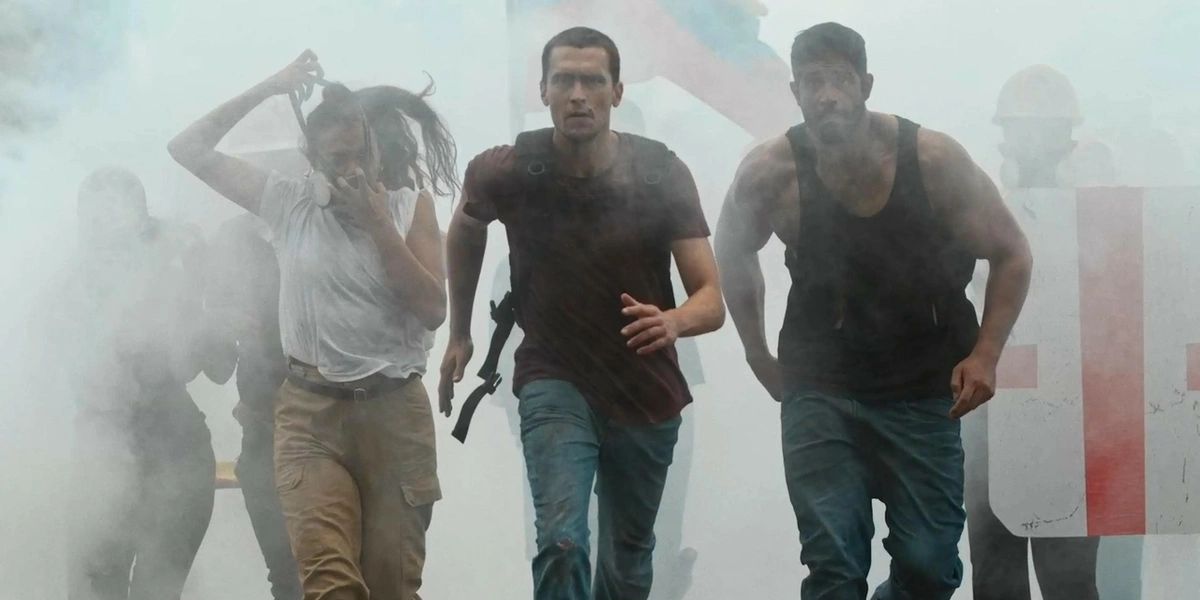
The subject matter depicted in the film was initially conceptualized as a 36-minute short film of the same name by the director. He was completing a Master’s in Filmmaking from the New York Film Academy in Los Angeles back then, and the short film was his graduate thesis submission; the year was 2018. After the film finally came out, he screened it in many different countries and received an emotional reaction from the audience, which prompted him to turn it into a feature. Vicentini felt the subject matter deserved a longer and more nourished take, and two Venezuelan producers from a company called Black Hole Enterprises decided to fund the project.
In an interview with Cinemacy, Vicentini said that his desire and inspiration for the story were fueled further by the protests that took place in 2017 in Venezuela. “This project first started as a short film about the same subject matter, which I made in 2018. The year prior had been very violent in Venezuela with protests and repression; many youngsters died on the streets. That motivated me to make the short film, and once it came out I got to screen it in many countries and see the audience’s emotional reaction to it… that’s when I decided to make a feature about this subject matter.”
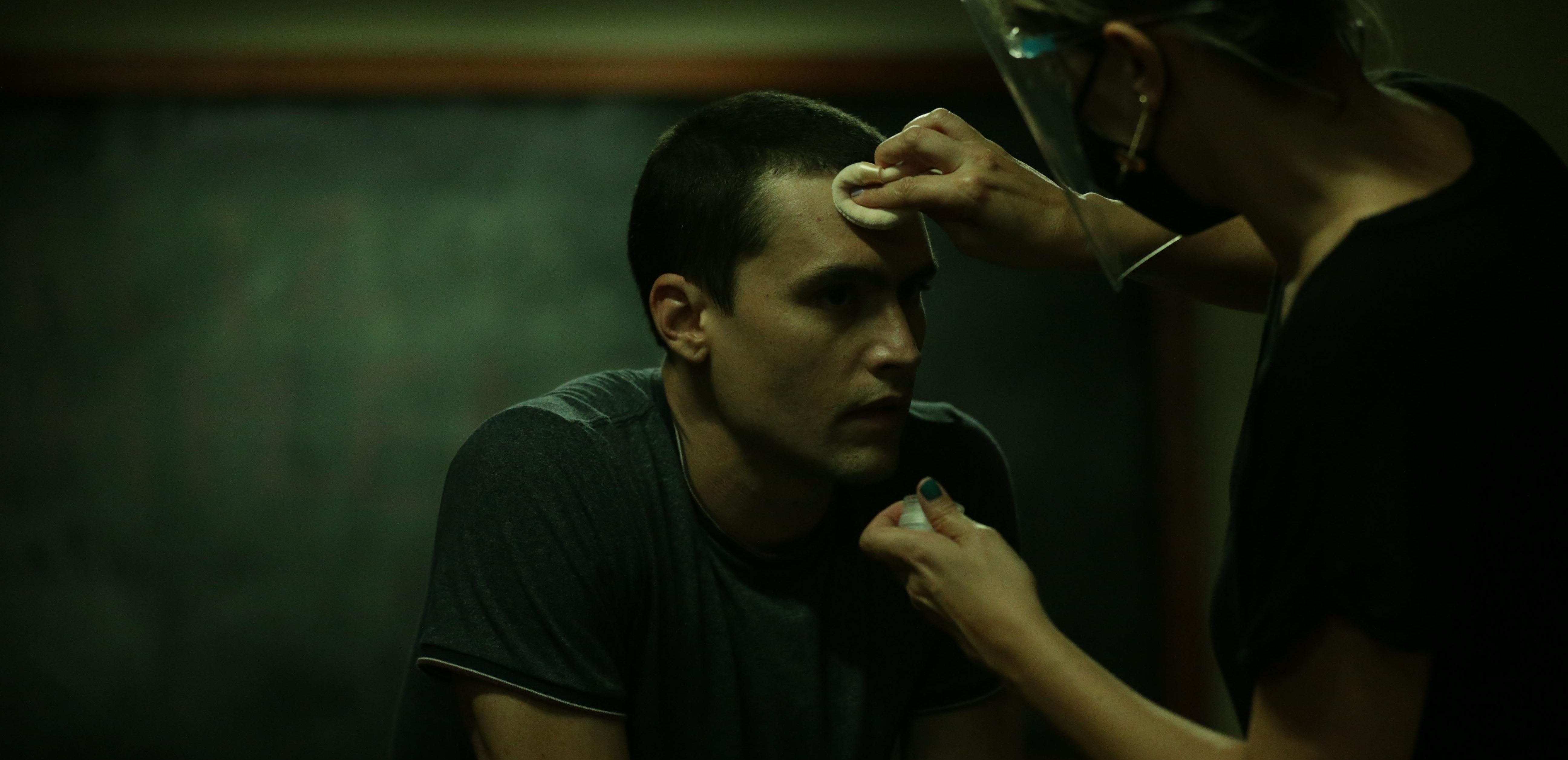
The protests in 2017 were at the height of Venezuela’s economic crisis when cash had become nothing short of worthless and the reigning government’s crackdown on power became absolute. With food, water, electricity, and medicine becoming increasingly unaffordable, a desperate mass of protesters took to the streets to voice their discontent. The uprising led to large-scale brawls between the anti-government protesters and the police and soldiers, the latter showing no restraint in their methods to gain the upper hand in an already lopsided battle. Thousands were arrested and subjected to torture, while over a hundred were killed in the chaos.
It’s undeniable that the South American nation’s plight has deteriorated under the authoritarian leadership of President Nicolás Maduro. In the same year as the protests, when inflation was sky-high, Maduro’s government essentially assumed all legislative powers by taking over the functions of the opposition-led National Assembly. It was a political land grab, which only intensified the feeling of unrest among those who took to the streets in huge numbers. Slogans of “Maduro, murderer!” and “Maduro, dictator!” were brandished on roads and walls around the country. Young people like Simón were seen leading the charge, although they were demonstrating peacefully for the most part.
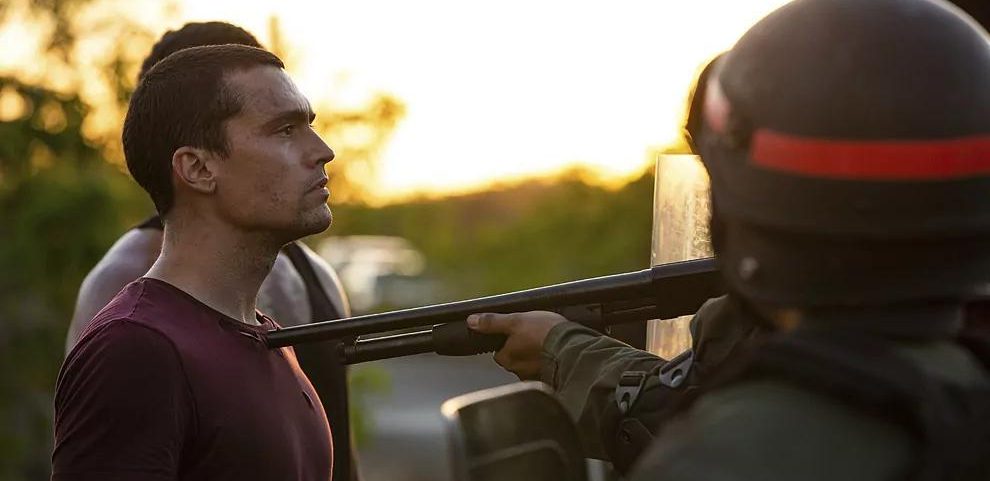
The whole story is seen through the lens of Simón’s struggles – his hopes, his dreams, his anxieties, his guilt, his everything. As such, the choice of an appropriate main character was a defining part of telling the story. For Vicentini, this choice came down to his belief in a young protagonist who would risk everything to fight battles on the front line. “The youth is always the ones that go to the front lines,” he said, “who risk their lives, are the first to go out to the streets, and I wanted to honor them and to make sure that their sacrifice isn’t left, isn’t forgotten.”
He interviewed several young men who’d undergone torture, arbitrary detentions, and brutality at the hands of the government. To ensure the authenticity of those cruel scenes, he needed to learn first-hand what had happened to those who had been put through such an ordeal. It helped him process the physical and psychological reality he needed to portray in those sequences. Interestingly, he described the difficult part of the whole thing to be when he was listening to the people in question talk about their ghastly experiences; because it put into sharp focus what they’d exactly been through.
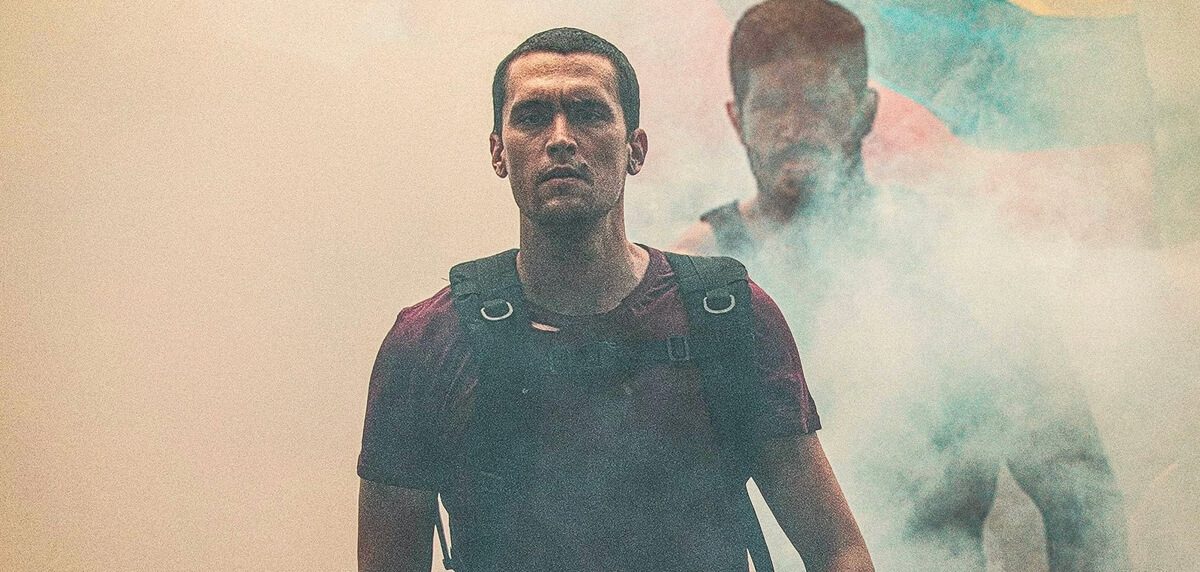
Guilt is also an overriding aspect of the film. The main character suffers from it as he seeks political asylum in Miami. It’s probably born out of the trauma he suffered when living in a repressed environment and his inability to help while there are still thousands protesting back home and suffering every day. Haunted by the past events of what had transpired before, as brilliantly told through the film’s non-chronological structure, he is enticed by the prospect of starting a new life in the US, unshackled from the pain. Unfortunately for him, once those asylum papers arrive, he can no longer go back to Venezuela again.
The sentiment of abandoning your home and harboring migratory guilt is shared by Vicentini as well. “Guilt is very much at the core of all this,” he said. “I left Venezuela when I was 15. Since then, I’ve only watched from afar how the country has progressively plummeted into a humanitarian crisis at the hands of an oppressive authoritarian regime. In 2017, millions took to the streets for over 100 days hoping to change things, and so many young men and women were killed. I felt so guilty, that I was in LA studying film, having a good life, while my generation was out there on the streets fighting for the country, risking their lives for our freedom.”
It was that guilt that drove the debut director to make ‘Simón.’ Raw, unrefined, and painful, it can be brutal at times, but at the center of it lies a deeply human and heartfelt story about a young man’s harrowing journey. While it’s one thing to read or hear about real-life occurrences around the world, films, shows, and novels have a unique ability to place you right at the center of those events. The Venezuelan protests may have happened miles away from you, in a world that’s far removed from yours, but ‘Simón’ places you right where it matters the most – in the heart and mind of one of its survivors.
Read more: Best Period Dramas on Hulu

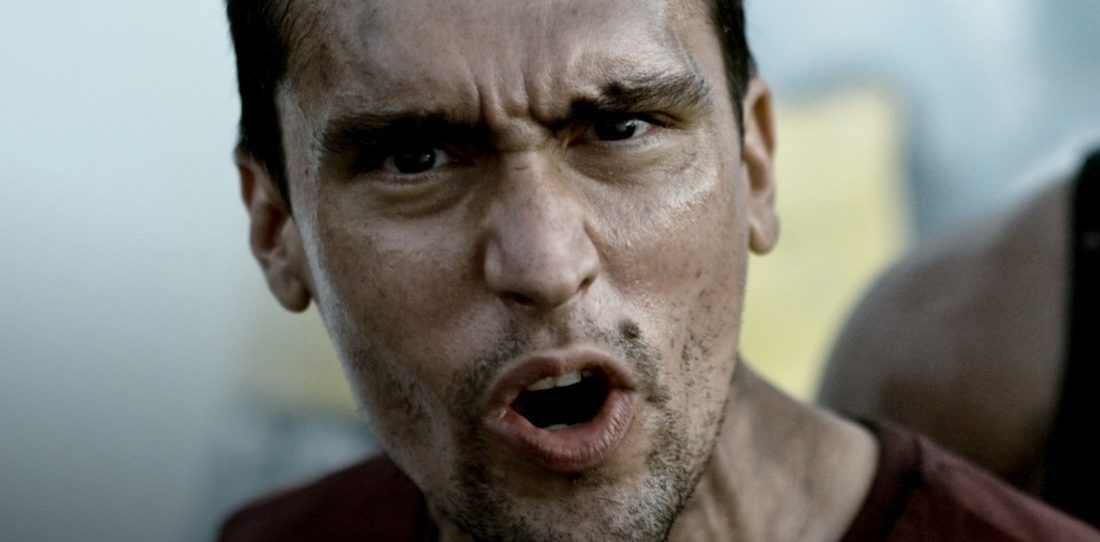
You must be logged in to post a comment.